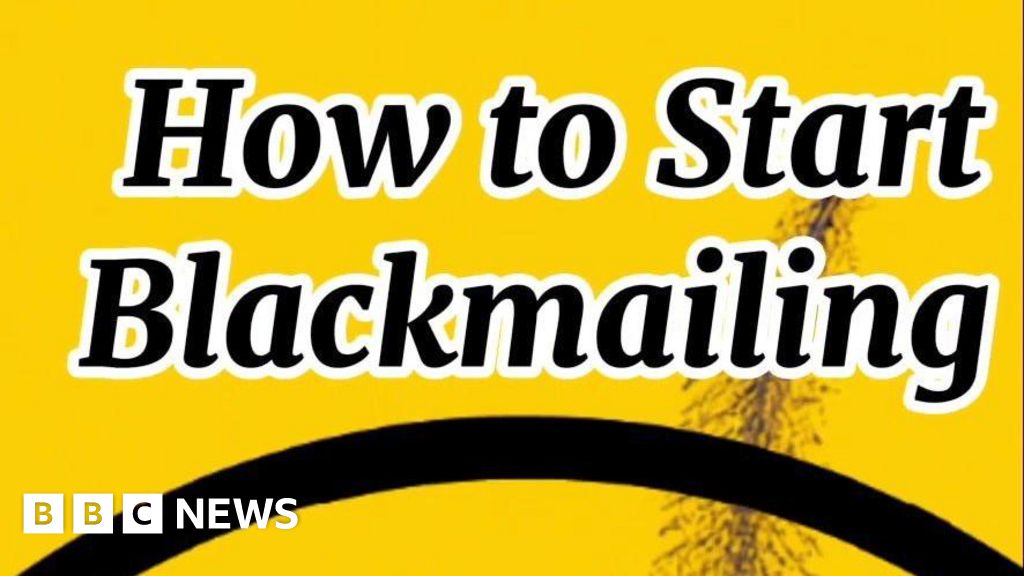Get the latest tech news
Influencer cartels manipulate social media
Social media influencers account for a growing share of marketing budgets worldwide. This column examines a problem within this rapidly expanding advertising market – influencer cartels, in which groups of influencers collude to increase advertising revenue by inflating each other’s engagement numbers. Influencer cartels can improve consumer welfare if they expand social media engagement to the target audience, but reduce welfare if they divert engagement to less relevant audiences. Rewarding engagement quantity encourages harmful collusion. Instead, the authors suggest, influencers should be compensated based on the actual value they provide.
To address this issue, the US Federal Trade Commission proposed a rule in 2023 to ban the sale and purchase of false indicators of social media influence. The model focuses on strategic engagement, a decision that affects social media content distribution and consumption (Aridor et al. 2024) but has been underexplored (with the exception of Filippas et al. 2023, who studied attention bartering in Twitter). Ershov, D and M Mitchell (2023), “The Effects of Influencer Advertising Disclosure Regulations: Evidence from Instagram”, RAND Journal of Economics, forthcoming.
Or read this on Hacker News
